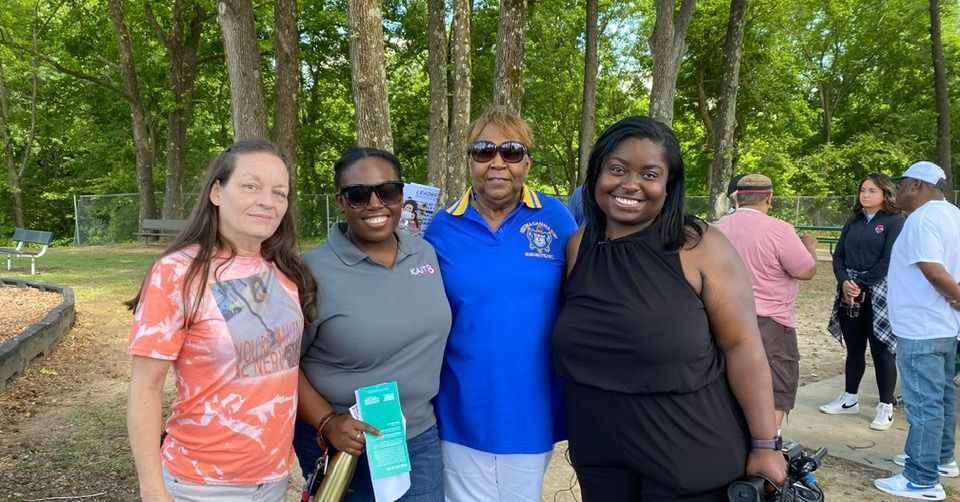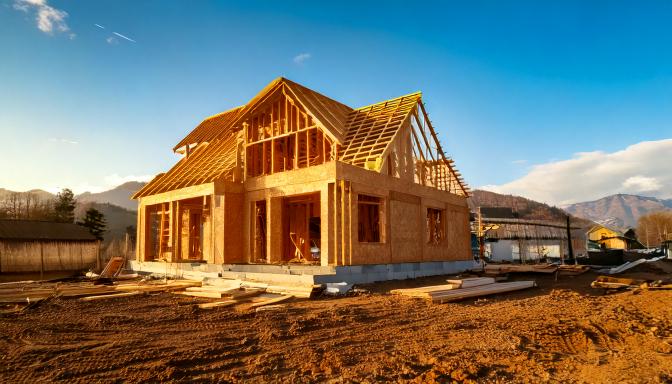A WINTHROP ROCKEFELLER FOUNDATION/KLEK COLLABORATION
Jonesboro, AR – KLEK 102.5 FM, October 30, 2024 – In a recent Community Conversations episode, KLEK 102.5 FM brought Dr. Brookshield Laurent of NYIT College of Osteopathic Medicine at Arkansas State University to discuss health disparities within ALICE (Asset-Limited, Income-Constrained, Employed) households in Arkansas.
Dr. Laurent detailed how these individuals, though employed, live paycheck to paycheck and face significant health challenges due to limited access to healthcare and social services.
The Impact of Social Determinants of Health
Dr. Laurent emphasized that ALICE populations are particularly affected by social determinants such as housing stability, education, and food security. These factors shape their overall well-being far more than clinical interventions. Due to financial limitations, many ALICE individuals delay medical care until conditions become severe, contributing to Arkansas’s high incidence of chronic illnesses, including diabetes and cardiovascular disease.
Healthcare Access Through CHCs
To mitigate such challenges, Arkansas Community Health Centers (CHCs) play a critical role by offering over 230 locations that provide accessible, affordable healthcare to residents. Their mission focuses on healthcare equity, ensuring that people across the state can access quality care without facing excessive barriers. The comprehensive list and map of these centers can be found on the CHC-AR website, making it easier for residents to find care in their communities.
Changes in Medical Debt Reporting: A Financial Lifeline
Dr. Laurent discussed the financial toll that delayed medical care can impose, an issue also highlighted by Southern Bancorp’s recent insights on credit reporting changes. As of July 2022, major credit bureaus have stopped including paid medical debt and debts under $500 on credit reports, offering consumers a full year to pay medical bills before affecting their credit scores. This shift provides financial breathing room and helps individuals maintain healthier credit standings.
Balancing Daily Needs and Health
The financial strain for ALICE households often forces them to make difficult choices between essentials like food and medical treatment. “They’re faced with questions like, ‘Do I buy groceries or pay for my prescription?’” Dr. Laurent stated, highlighting how these daily struggles negatively impact health outcomes. KLEK 102.5 FM noted that while emergency rooms provide care regardless of financial capability, the resulting debt can lead to devastating long-term financial consequences.
Nutrition and Health in Disadvantaged Communities
Dr. Laurent pointed out that nutrition directly impacts health and is particularly problematic in low-income areas where access to healthy food is limited. “When grocery options are scarce, convenience stores and gas stations become the default,” she explained, linking these conditions to worsened health statistics. Solutions like community gardens and meal-sharing programs were suggested as grassroots approaches to combat food scarcity and improve community health.
A Call for Community and Policy Change
Dr. Laurent urged that for real change, there needs to be a combination of structural policy revisions and community-led initiatives. Programs led by organizations like the Delta Health Policy Institute and United for ALICE shed light on the crucial need for support for financially vulnerable populations. These policies, coupled with local programs, can reduce the frequency of emergency healthcare visits, allowing ALICE households to access preventive care before health issues become critical.
In conclusion, this conversation underscores the pressing need for health equity, financial support mechanisms, and robust community initiatives. By combining efforts from CHCs, financial relief measures such as medical debt reporting changes, and community-led support programs, Arkansas can move toward a more equitable healthcare environment that supports its most vulnerable yet essential workforce.
More Posts for Show: Community Conversations









Comments